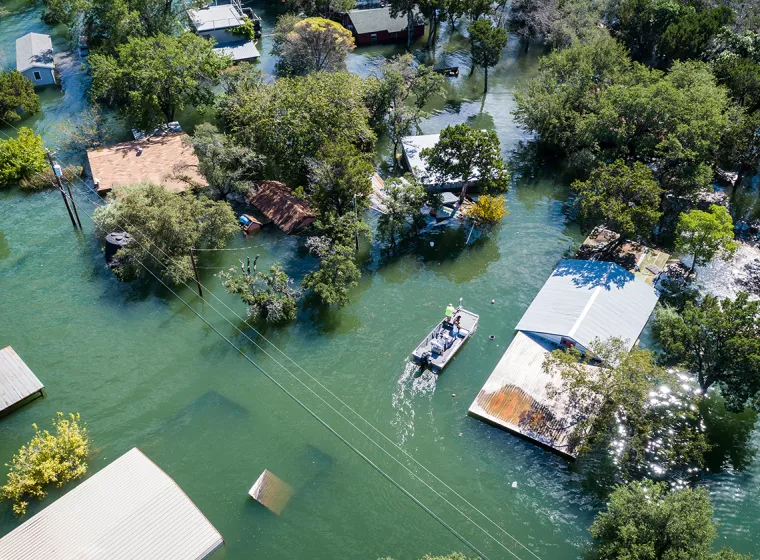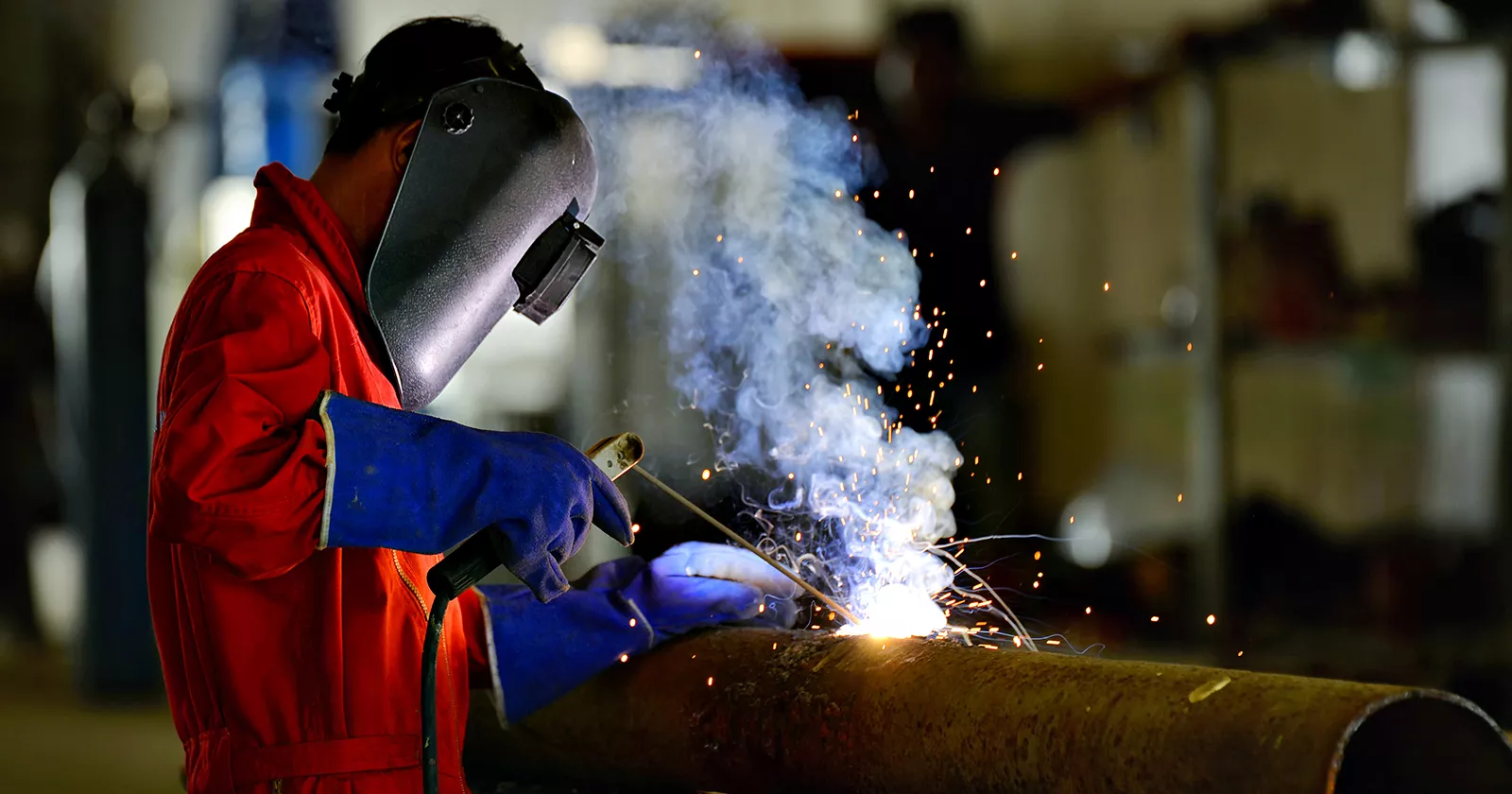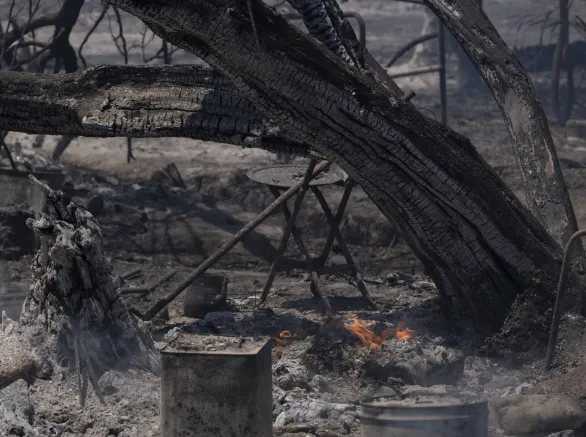How do you effectively assess welding failures and safety strategies for welding in various environments?
Welding, brazing, and soldering are used in products and structures across many disciplines and industries, including heavy equipment manufacturing, biomedical devices, automotive, aerospace, oil and gas, electronics, and batteries. Exponent combines experience in these industries with technical knowledge in areas such as materials science, metallurgy, electrical and mechanical engineering, and thermal sciences to help clients resolve and mitigate joining and welding challenges, as well as conduct weld failure investigations and identify failure modes and joint defects. Exponent's health scientists and industrial hygienists study the health effects associated with welding including exposure to fumes and potential fire and explosion hazards.
Our licensed professional engineers, certified welding inspectors, and licensed non-destructive evaluation technicians provide clients with support across the spectrum of welding and joining challenges. We have expertise related to code compliance, which often includes weld and joint inspection, mechanical testing, and evaluation of contract documents such as welding procedure specifications (WPS), procedure qualification record (PQR), and welder performance qualification (WPQ). Furthermore, Exponent staff has significant experience conducting failure investigations that involve welds and in identifying relevant potential failure modes and defects in joints. We also provide potential mitigation strategies for joining issues.
Beyond the engineering side of welding and joining, Exponent also provides services in areas related to welding safety and injury assessment. For example, Exponent's health scientists have evaluated the health effects of welding fumes on workers, and our engineers have consulted on issues related to construction injuries and potential/actual fires and explosions related to welding activities. Welding safety also includes addressing physical, electrical, radiation, pressure, and other hazards in the welding environment.
Our Capabilities Are Unparalleled
With expertise in over 90 disciplines and hundreds of capabilities, tools, and methodologies — we get to the root of even the most complex challenges and give you the objective answers you need.

Structural & Geotechnical Quantitative Risk Assessment
Innovative, quantitative risk assessments to support climate-change planning that helps protect buildings, infrastructure, and other valuable assets.

Structural & Geotechnical Design Support
Complex structural health and design support, with effective strategies to mitigate environmental impacts and degradation.

Design & Construction Defects
Rigorous design and construction defect assessments, including building components and standard-of-care evaluations.

Testing & Analysis of Construction & Building Materials
Cutting-edge technical construction engineering and materials testing.

Construction Accidents
Accident investigation informed by 50+ years of failure analysis, including falls, equipment-related incidents, impacts and collapses.

Specialty Structures
From airports to green buildings, construction consulting for specialty structures requiring wide-ranging expertise to improve safety and performance.
![[BS] Buildings & Structures - Structural Failures - [ME] Failure & Root Cause Analaysis - construction professional examine exterior wall](/sites/default/files/styles/cards_home_card/public/media/images/GettyImages-522675447.jpg.webp?itok=7IgcrhSZ)
Structural Failures
Understand why buildings and structures fail, and how to prevent similar failures in the future.

Emergency Response
Rapid, data-driven engineering response to natural disasters, accidents, and human-made catastrophes.
Experts
Our global and comprehensive expertise across industries gives us a deep understanding of current challenges, best industry practices, and the implications of emerging technologies.

Group Vice President and Principal Engineer

Practice Director and Principal Engineer

Office Director and Principal Engineer














